Description
Most of the lawyer poets represented in this anthology are practicing lawyers (and judges); a few abandoned the legal profession to take up teaching or literary work. Unlike most lawyer poets, who do not, in their poetry, explicitly lay claim to being lawyers and maintain a wall of separation between law and poetry, the poets in this anthology do not remain silent about the legal world in which they work. The lawyer poet who would disguise his life as a lawyer is one kind of poet. This anthology represents a rarer specimen, the poet who finds a place for the world of law in his poetry. For this rare species of poet, there’s simply no walking away, no pretended separation, and no compartmentalization of the world of the poem and the world of law. The poet knows both worlds, and thus is borne legal verse.
James R. Elken, Editor. All of the 40+ poets represented in this anthology either are or have been practicing lawyers and/or judges. Some are now working in academia, but most are still involved in law one way or another. In addition to those listed as authors on the title page of this amazon site, the anthology includes work by Paul Homer, Lawrence Joseph, Kenneth King, John Charles Kleefeld, Richard Krech, Bruce Laxalt, David Leightty, John Levy, Greg McBride, James McKenna, Betsy McKenzie, Joyce Meyers, Jesse Mountjoy, Tim Nolan, Simon Perchik, Carl Reisman, Charles Reynard, Steven M. Richman, Lee Robinson, Kristen Roedell, Barbara B. Rollins, Lawrence Russ, Michael Sowder, Ann Tweedy, Charles Williams, Kathleen Winte, and Warren Wolfson.
From Allen Mendenhall Interviews James Elkins about Law, Literature, Poetry, and Teaching
AM: I want to come back to Corrington in a minute. He’s someone I’ve grown to admire, and I have you to thank for introducing me to his work. First, though, I’d like to discuss your book, Lawyer Poets and That World We Call Law. You published several lawyer poets in it. How did you decide which poets and poems to include?
JE: I discovered the work of all the lawyer poets whose poems appear in Lawyer Poets and That World We Call Law during the decade that I tried to identify all the lawyer poets in the U.S., from the first days of the republic. It got to be something a bit more than a research project. I simply wanted to know every lawyer I could identify throughout our history that had taken up with the muse. Along the way, I began to collect a rather substantial list of contemporary lawyers who write and publish poetry. I started reading the poetry and then began to publish the best of what I found in the Legal Studies Forum, a journal I’ve edited for over 15 years now. I might note that most lawyer poets do not write poems about the law and the practice of law and I did not seek out law-related poems. We have a long history of legal verse and most of it is rather bad. What I found in the work of the lawyer poets I was publishing was an occasional poet and an occasional poem about the practice of law that sounded right to me. After publishing the work of lawyer poets for a decade, I found, looking back on what we had published, that the lawyer-related poems held up quite well. And, I found that they looked still more interesting when they were collected and laid out poem to poem. It dawned on me that I had published the best lawyer-related poems in the past 50 years, and that the poems deserved their own anthology.
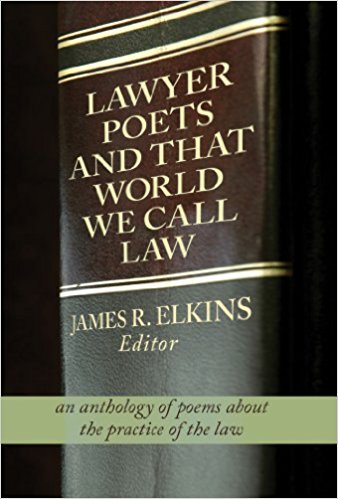
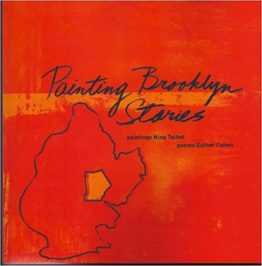
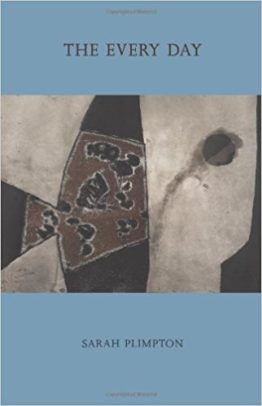
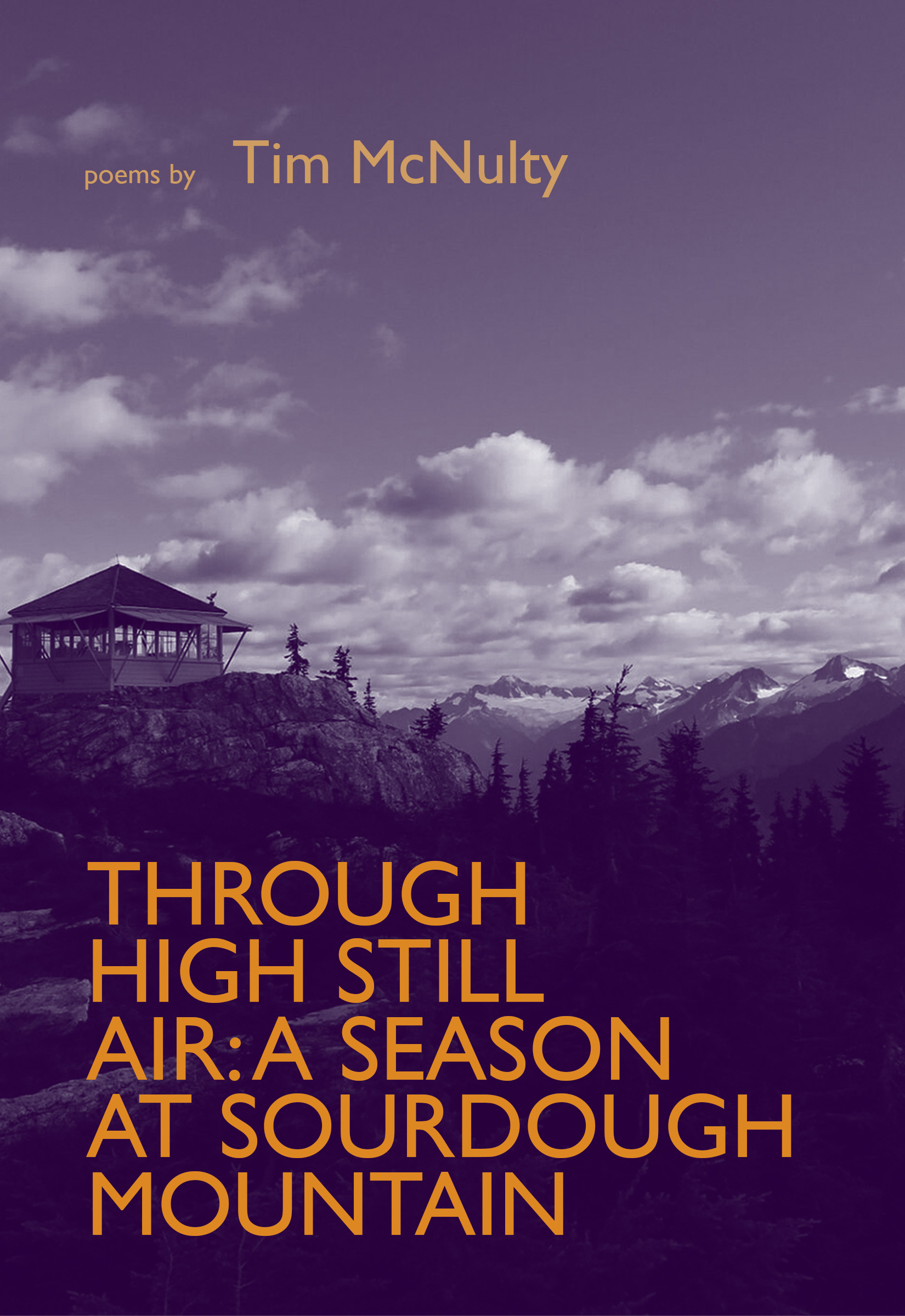
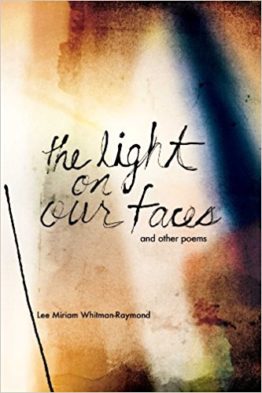
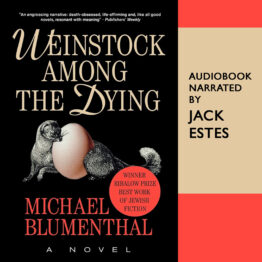
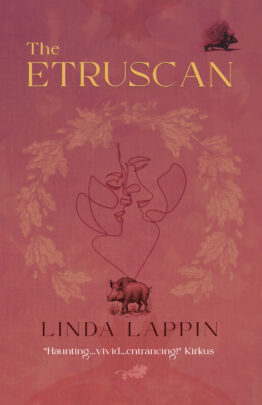
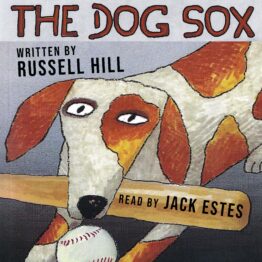
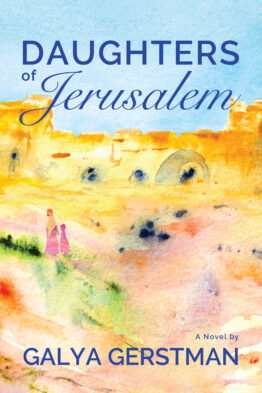
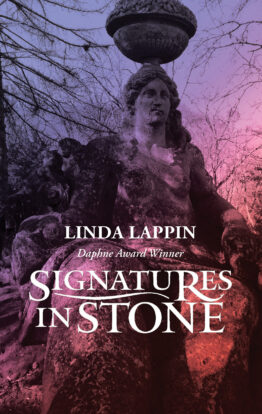
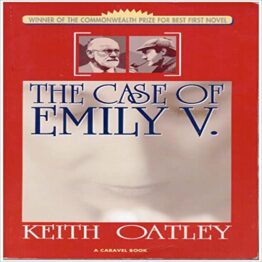
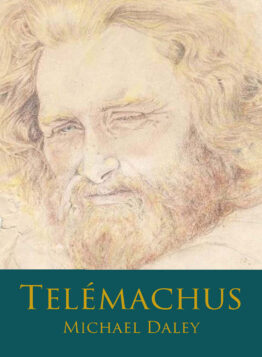
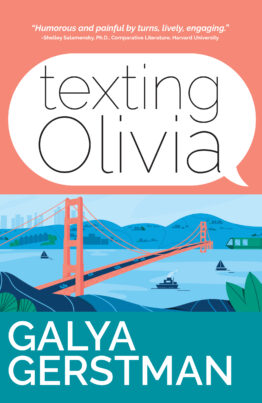
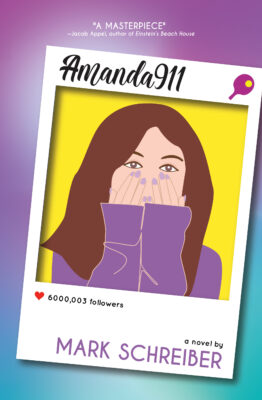
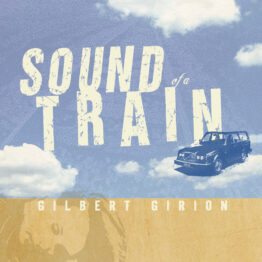
O’Neill, Kathleen M., Book Review: James R. Elkins, Lawyers Poets and that World We Call Law (October 8, 2014). Legal Communication & Rhetoric: JALWD, Vol. 11, 2014. Available at SSRN: https://ssrn.com/abstract=2507450 –
James R. Elkins, a law & literature scholar and the founder and editor
of Legal Studies Forum, has collected in this volume more than 100 poems
by dozens of contemporary writers who think of themselves as both poets
and lawyers and who chose to make poems about law or legal practice. I
had some doubt that such a collection would have any particular value for
literature or law, but to my pleasant surprise I found that it presents the
most vivid descriptions of ordinary lawyers’ and judges’ daily work that I
have ever read.1 If someone were to ask me now what lawyers do, I would
say, “Read this book of poems; it will give you a deeper sense and a broader
view than all the lawyer memoirs, biographies, TV shows, and movies
combined.”
The collection will reward those who read it straight through. The
collection is more than the sum of its poems. Elkins has thoughtfully
grouped the poems around eight themes, each named for a line from a
poem: “A Lawyer’s Education,” “All in a Day’s Work,” “Those Who Come
Our Way,” “No Singing in the Courtroom,” “What Logic There Is,” “The
Ravages of the Work,” “Lawyers Do Grow Old,” “Going Home.” The
progression through a career is obvious, but the effect is brilliant. I was
* Professor of Law, University of Washington School of Law.
1 Lawrence Joseph’s Lawyerland: An Unguarded, Street-Level Look at Law & Lawyers Today (2004), is similarly vivid, but it is
quite different, of course. It reports conversations with six lawyers, all practicing in New York. Elkins’s poet–lawyers write of
many places and many kinds of practice.
hooked by James McKenna’s “Law School,” the second poem in “A
Lawyer’s Education”—a short lyric that signals the onset of “thinking like a
lawyer”:
Late each night
at my desk, window dark,
cases were read and notes
taken. Ideas marched
by in the lamp’s steady beam
until they seemed
shining, heedless armies.2
Farther on, in “The Ravages of the Work,” I was mesmerized by Bruce
Lahalt’s elegiac “Widow’s Weeds”:
Home late again from the office, I fear—caught up again
In medical reports, or dog-eared childhood books,
Or other tomes on mortal man. Still, there is another hour
Of sunlight left us below the eastern Sierra foothills,
Before the shadows from the tallest peaks engulf.
. . . . .
Already a widow, I’ve left you such,
Strong and alone on a solitary summer evening.
I stand unnoticed on the deck and watch,
And hesitate to hail from afar, to disturb,
To announce my already dwindling presence.3
In between there are poems in which prosecutors gun for predators;
judges cast judgment and feel torn; silken-tied counsel preen and dine in
Paris; and legal services lawyers struggle to keep the indigent, the
demented, the battered, and the feckless housed somewhere other than
jail. There are poems about having to tie your car door shut with string
because your deadbeat clients don’t pay you enough to fix your car…
There are wry poems about drafting
ridiculous documents.
There are funny poems:
The courtroom fills with exotic
beasts drinking from the cool waters.
Suddenly enters the litigator.
Trust and estate lawyers flee with gazelle-like hops.
Corporate lawyers freeze.
Sauber is on one in a flash,
briefs and pleadings around the throat,
the jugular neatly slit, gushing blood.
After several seconds of silence, the others
resume, warily, their refreshment.
The sounds of the jungle return.
They only eat, after all, what they kill.7
There are beautiful lyrics:
Nothing prepared me for life in the sky
in this narrowed concrete pencil which spires
toward a clouded underside.
And
[A]pathy finer
than talc
sifts down the
the long
afternoons in
waning light.
In sum, I found this collection to be a wonderful work of legal
humanism. As Tim Nolan’s introduction explains, Elkins’s collection aims
to disrupt the stereotypes that cast poets and lawyers as different species,
each of little interest or use to the other: the poet being sentimental,
sensory, and impractical; the lawyer being cold, rational, and worldly.11
The collection certainly succeeds at that, but the unstated message and the
emotional effects of this collection are much grander. Many of these
poems made tears well up. The most powerful poems convey what it feels
like to work and to care, diligently but often futilely, for those who cannot
or will not care for themselves or others. One lays down this book
saddened, but clear-eyed—and curiously inspired by both lawyers and
their poetry.
Lawyers & Poetry, lawlit.net –
On first impression, it seems that lawyers and poets must exist in different universes of thought and feeling, product and practice. For many lawyers and poets there may be truth embodied in the crude impression: the law leads north and poetry south; to follow the one path is to preclude the other, yet, lawyers write poetry, and poets practice law. Should we be surprised to learn that lawyers, by training and craft, attuned to the nuance and power of language, write poetry? We may have grown accustomed in this era of John Grisham and Scott Turow to the idea of the lawyer as novelist, but there is still some mystery, at times a sense of wonder, at the idea of someone who is a poet and lawyer.
Perhaps there is no reason to think so grandly of our poets or so badly of our lawyers. The celebration of the one and the damnation of the other becomes rather confused when we find a man or woman embracing both. Perhaps we misunderstand our lawyers and poets, in a similar way, because we know so little of their practices, their language, and their contribution to a literate society. Whatever the relative merits and worth of lawyers and poets, we are fast becoming a society which knows far more about its lawyers than about its poets. With our great ignorance of poetry, how can it continue to play a part in our literary lives? What makes poetry, and the poet, special, different, marginal, misunderstood, ignored?
We may find that the poet and the lawyer see the world in a nuanced way that demands it be addressed with a special language, language that calls attention to itself and sets itself apart by form, rhythm, and practice. Both poetry and law are acquired tastes, all the more surprising, to have such tastes acquired by a single person.